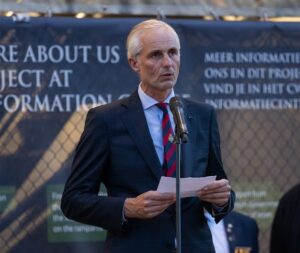
Minister president, burgemeester, gouverneur, excellenties, ladies and gentlemen, dames en heren,
The eleventh hour of the eleventh day of the eleventh month.
Armistice Day, 1918.
A moment that will live in history. And what a remarkable moment it must have been for those who experienced it. A moment, no doubt, of many confused and often conflicting emotions :
As we stand here today //, exactly one hundred years later//, which of these emotions do we still share?
Softened by the distance of time, it is perhaps difficult to rejoice and feel grief with the same intensity as those who lived through the moment. But I am sure that many of us still feel great sadness. Sadness at the loss of so many young lives; often a personal sadness for a grandfather or great uncle we never had the chance to know.
Just as I am sure that many of us here today also feel a sense of pride in what the peoples of our respective nations suffered and endured, the qualities of courage, comradeship and self-sacrifice that were displayed.
But perhaps our dominant emotion should be one of gratitude. The First World War was not fought exclusively to serve immediate national interests. It was also fought to secure the survival of certain values and to ensure the well-being of future generations.
This means that in a very real sense it was also fought for us.
Sadly, it was not the ‘war to end all wars’, but was a very important part of a long and painful process which saw the survival of freedom ,justice and democracy. Nearly all of us standing here today have known lives of unbroken freedom, governed by the rule of law.
This would not have been possible without the willingness of the men of the Great War to fight and die for what they believed to be right.
We are the beneficiaries of their legacy – and for this we must be grateful. Eternally grateful.
And with gratitude comes remembrance.
The remembrance of the heart.
This,// then,// must be our task as we come to the end of the centenary period:
11 November 2018 will not mark the end of our remembering.
Only then, we will be truly worthy of the legacy left by the men of 1914-1918.
Thank you.
Sire, Mevrouw, Ministers, Minister President, Excellencies, Ladies and Gentlemen dames en heren,
In 1919, Siegfried Sassoon wrote a poem entitled ‘Aftermath’. Its opening lines asked following question:
Have you forgotten yet?
For the world’s events have rumbled on since those gagged days,
Like traffic checked awhile at the crossing of city ways…
Of vrij vertaald :
Ben je dit reeds vergeten?
Want de wereld is weer zichzelf sinds die donkere dagen,
Zoals het verkeer dat even halt hield aan een kruispunt…
The huge numbers of people attending the Last Post ceremony during the centenary period, the vast crowds witnessed here this morning and our own presence this evening show that Sassoon need not have worried. We have not forgotten. Our nightly claim that ‘We will remember them’ is not an empty boast.
Yet as this centenary period draws to a close, it is perhaps also important to remind ourselves precisely what it is we remember.
First and foremost, we remember the fallen. //At this place and in this ceremony, we remember above all the soldiers of the British Empire and allies, who fought in defence of the Ypres Salient for four long years.
Tegelijkertijd denken wij ook aan zij die aan de andere zijde van niemandsland vochten, toen de vijand maar nu onze partners in verenigd Europa. Ook mogen we de talrijke burgerslachtoffers niet vergeten : hun families betaalden ook een zware prijs.
In total, some 600,000 people died on Belgian soil during the First World War.
We remember them all.
But we also remember the reasons for which men fought and died. King and country, justice, freedom, the right to live our lives the way we want. Were these values worth the price /that was paid to secure them between 1914 and 1918? This is a question that each of us must answer in his or her own heart.
But whatever differing conclusions we reach, we must surely all be united in a common hope that it will never happen again. Peace is unquestionably our greatest good. This//, too, //is something we remember.
And we must continue to remember.
The end of the centenary period must not mean the end of our remembrance, but must mark a new beginning. For this reason, it seems appropriate to end with the final lines from Sassoon’s poem :
Have you forgotten yet?
Look down, and swear by the slain of the war that you’ll never forget.
Ben je het reeds vergeten?
Kijk neer en zweer in naam van de gesneuvelden dat je nooit vergeten zal.
This is the pledge that each of us must make this evening.
Inspired by the example of those who have gone before us, we must use the lessons of the past to help make a better world for the future.
If we can achieve this, then the sacrifice of the men and women of the Great War will not have been in vain.
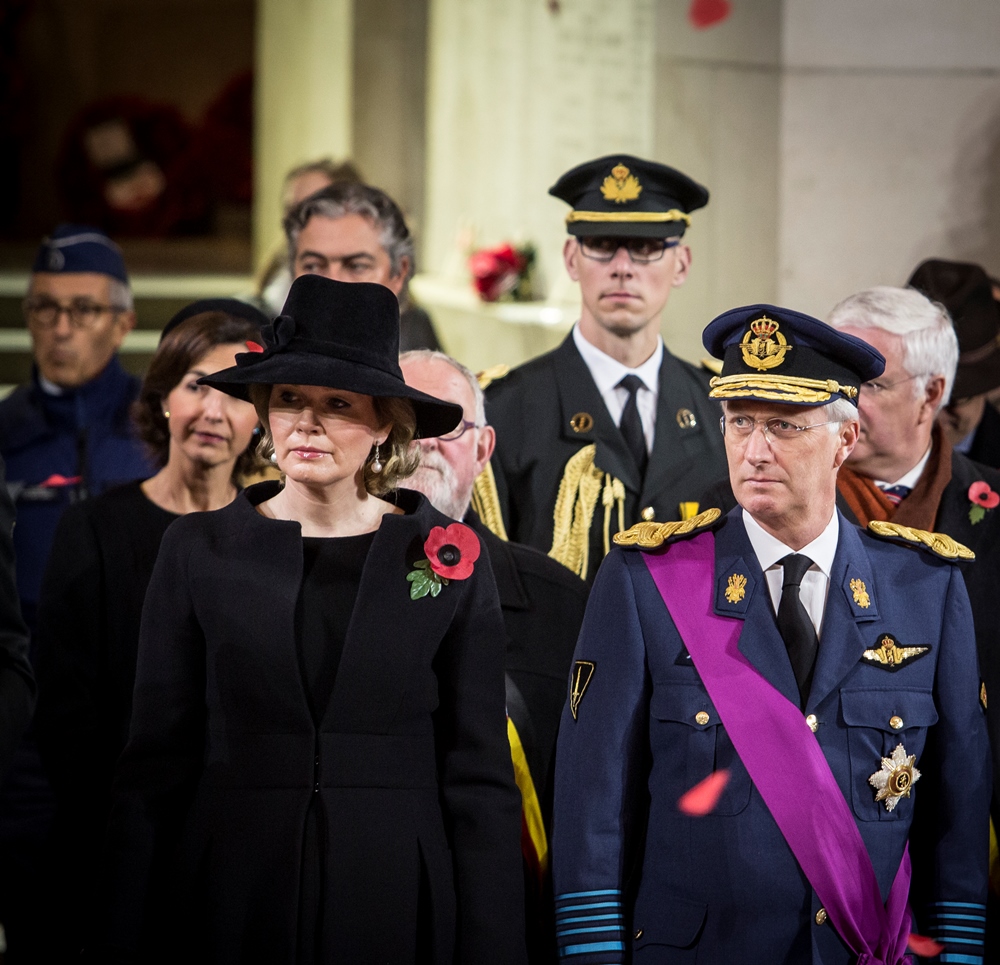
Every day, at 8 o’clock in the evening. The daily act of homage.


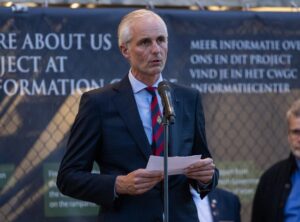
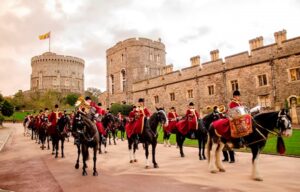

Share on
Please complete the form in order to receive the newsletter of the Last Post Association on a regular basis.
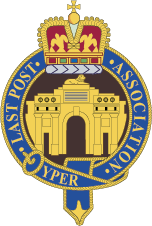
Last Post
Association
Ceremony
| Cookie | Duration | Description |
|---|---|---|
| cookielawinfo-checbox-analytics | 11 months | This cookie is set by GDPR Cookie Consent plugin. The cookie is used to store the user consent for the cookies in the category "Analytics". |
| cookielawinfo-checbox-functional | 11 months | The cookie is set by GDPR cookie consent to record the user consent for the cookies in the category "Functional". |
| cookielawinfo-checbox-others | 11 months | This cookie is set by GDPR Cookie Consent plugin. The cookie is used to store the user consent for the cookies in the category "Other. |
| cookielawinfo-checkbox-necessary | 11 months | This cookie is set by GDPR Cookie Consent plugin. The cookies is used to store the user consent for the cookies in the category "Necessary". |
| cookielawinfo-checkbox-performance | 11 months | This cookie is set by GDPR Cookie Consent plugin. The cookie is used to store the user consent for the cookies in the category "Performance". |
| viewed_cookie_policy | 11 months | The cookie is set by the GDPR Cookie Consent plugin and is used to store whether or not user has consented to the use of cookies. It does not store any personal data. |